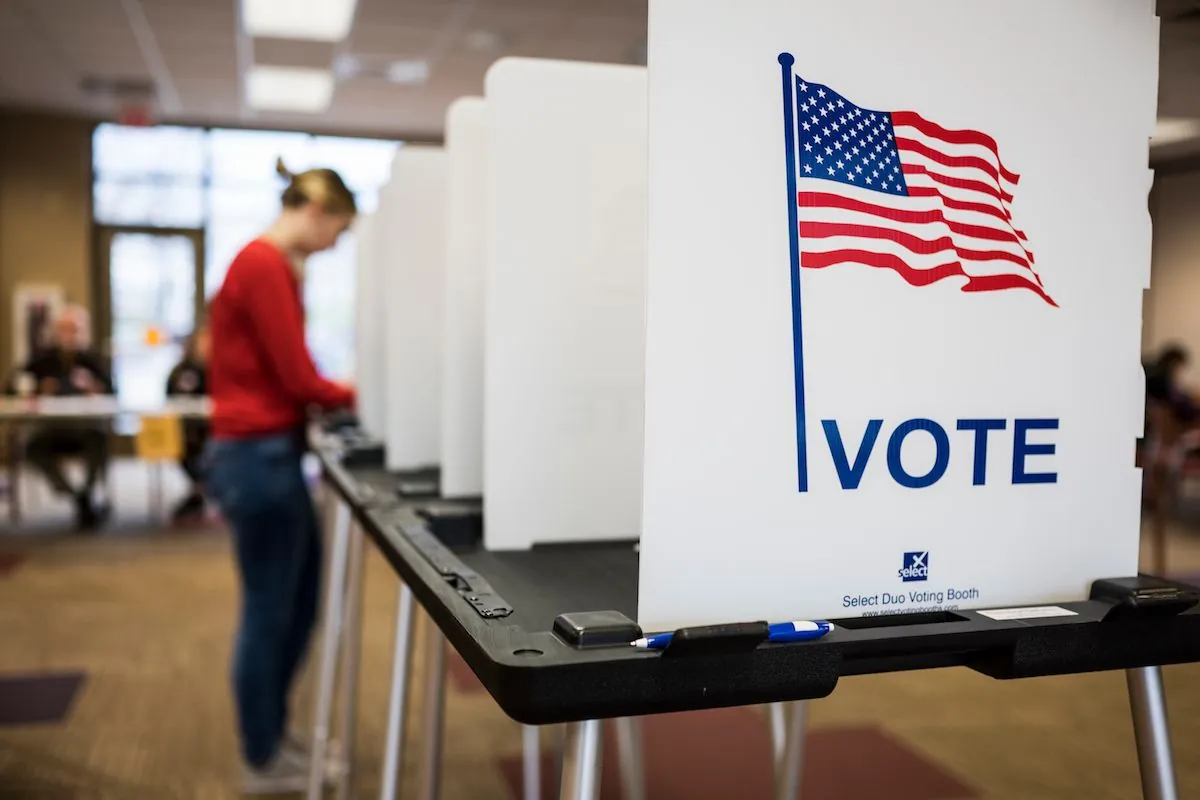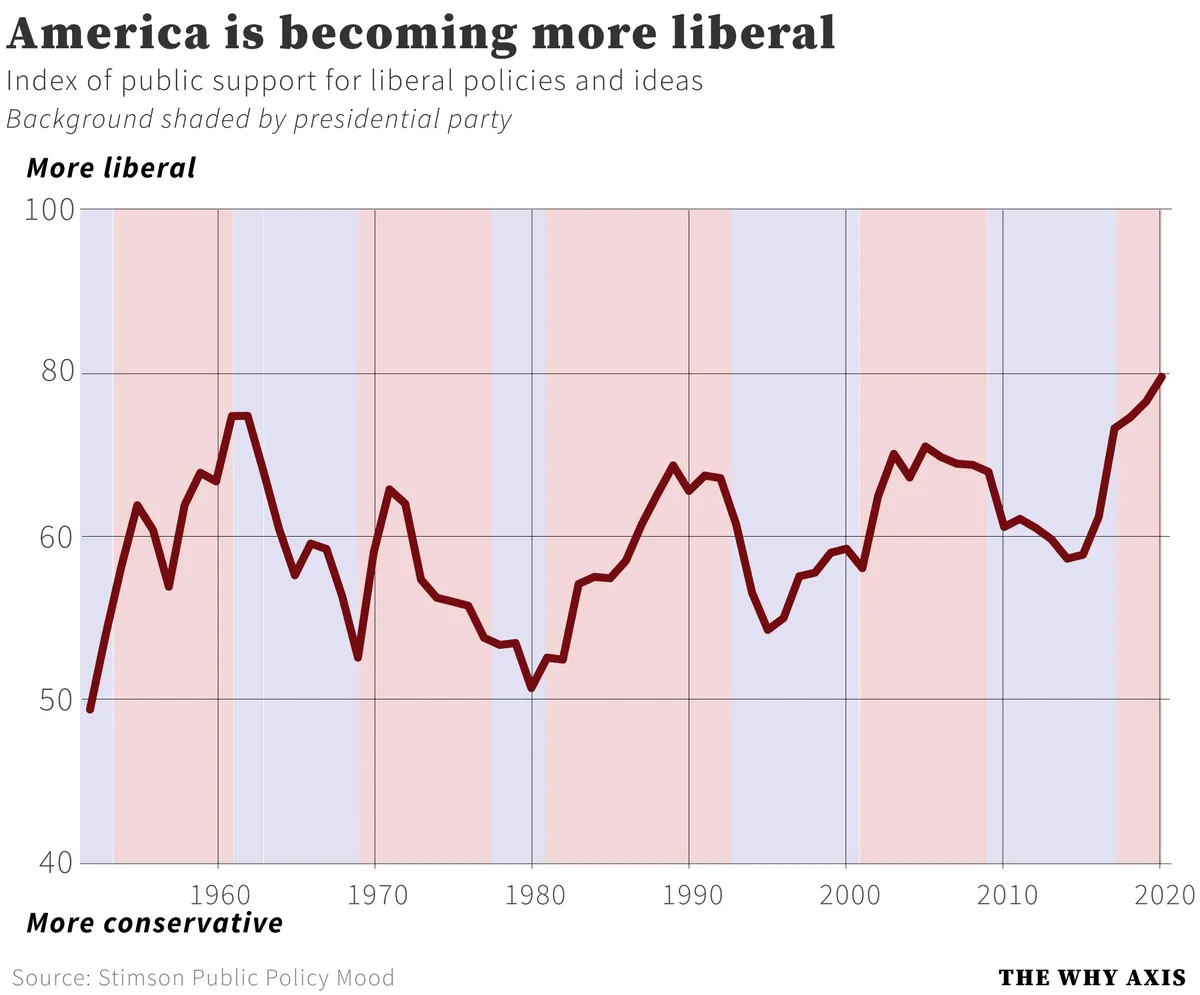Poll Reveals Authoritarian Tendencies Among Some U.S. Voters
Recent surveys indicate a significant portion of Republicans support potentially undemocratic actions in the 2024 election. The findings raise concerns about trust in institutions and democratic norms.

Recent polling data has unveiled concerning trends regarding democratic values and authoritarian tendencies among a portion of the American electorate, particularly within the Republican Party. These findings come as the United States approaches its 59th presidential election since 1788, highlighting the ongoing challenges to its democratic traditions.
A survey conducted by PRRI revealed that approximately 25% of Republicans and 14% of Americans overall believe that efforts to subvert election results should be undertaken if Donald Trump loses the 2024 presidential race. This sentiment aligns with broader authoritarian tendencies measured by the study.
The poll utilized two scales to assess authoritarian leanings: the Right-Wing Authoritarianism Scale (RWAS) and the Child-Rearing Authoritarianism Scale. Both measures found that about 40% of Americans scored high on authoritarian tendencies. Notably, these scores were significantly higher among Republicans, with 75% of Trump-supporting Republicans scoring high on the RWAS.

Another survey by AP-NORC-USAFacts examined trust in various information sources regarding election results. While most Americans placed the highest trust in certified results from government agencies, Republicans diverged significantly. Among GOP respondents, Trump and his campaign were considered the most trustworthy source of election information, surpassing traditional news outlets and official government sources.
This trust disparity is particularly concerning given the historical importance of a well-informed electorate in maintaining democratic stability. Since the first televised presidential debate in 1960, media has played an increasingly crucial role in shaping public opinion. The rise of social media in the early 2000s has further complicated the information landscape, making trust in reliable sources even more critical.
The PRRI poll also revealed that about 25% of Republicans believe Americans should "ensure the rightful leader takes office" if the 2024 election is perceived as "compromised by voter fraud," even if it means resorting to violence. This sentiment contradicts the long-standing tradition of peaceful power transitions that has been a cornerstone of American democracy since its founding.
"Nearly half said that Trump broke the law in attempting to retain power; a majority said that he had at least done something wrong."
The Pew Research Center's survey provided additional insights into public perceptions of the 2020 election aftermath. While a majority of Americans believed Trump had acted inappropriately or illegally in his attempts to retain power, a majority of his supporters maintained he had done nothing wrong.
These findings raise significant concerns about the state of democratic norms in the United States. As the country approaches the 2024 election, with its 538 electors poised to determine the outcome, the potential for civil unrest and challenges to election integrity looms large.
The U.S. Constitution, amended 27 times since 1788, has weathered numerous challenges to its democratic framework. However, the current polarization and erosion of trust in institutions present a unique test to the resilience of American democracy. As the election approaches, it will be crucial for leaders, media outlets, and citizens to reinforce the importance of democratic processes and the peaceful transition of power that has defined the nation for over two centuries.


































